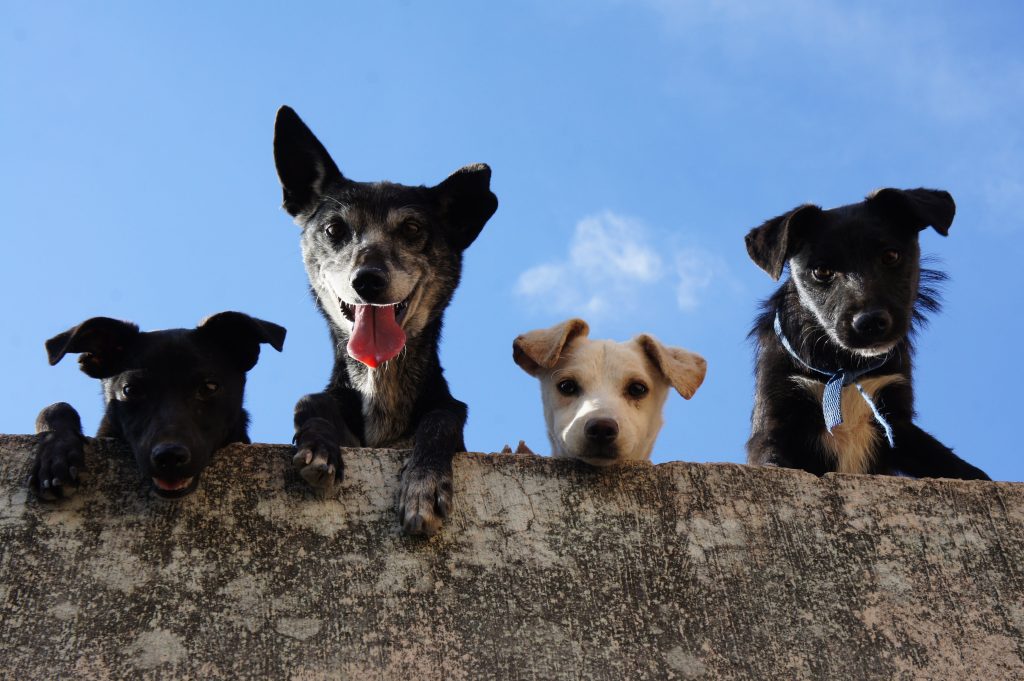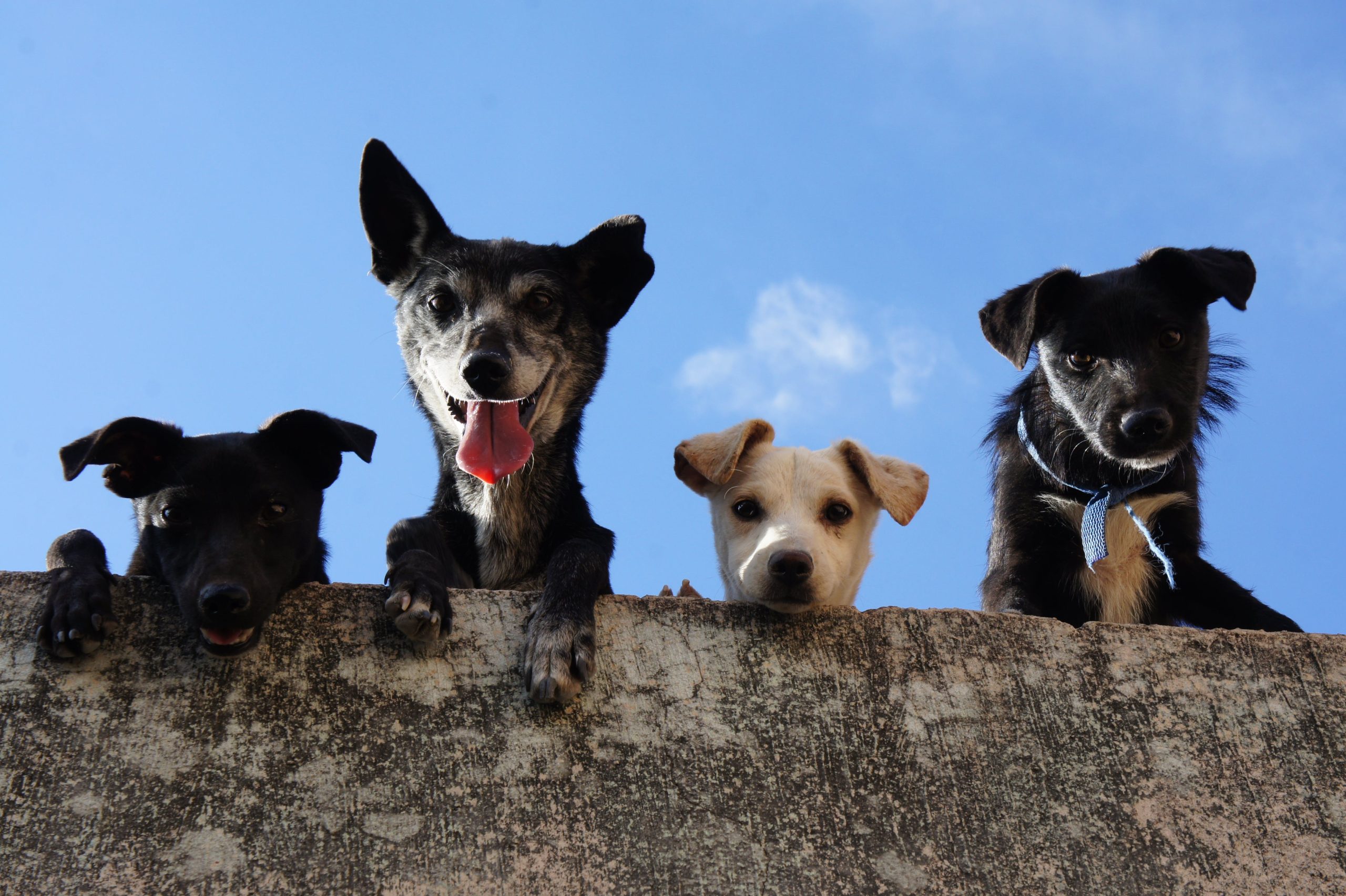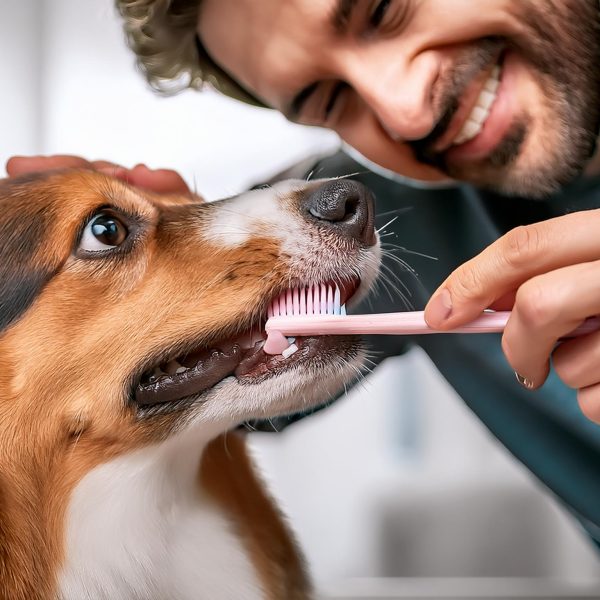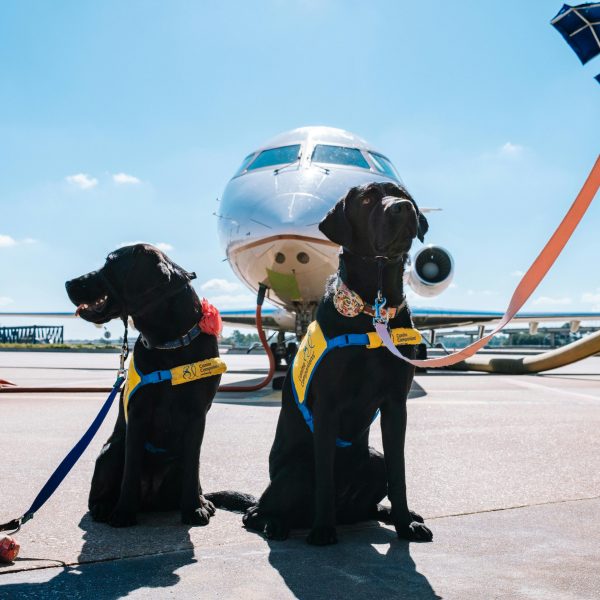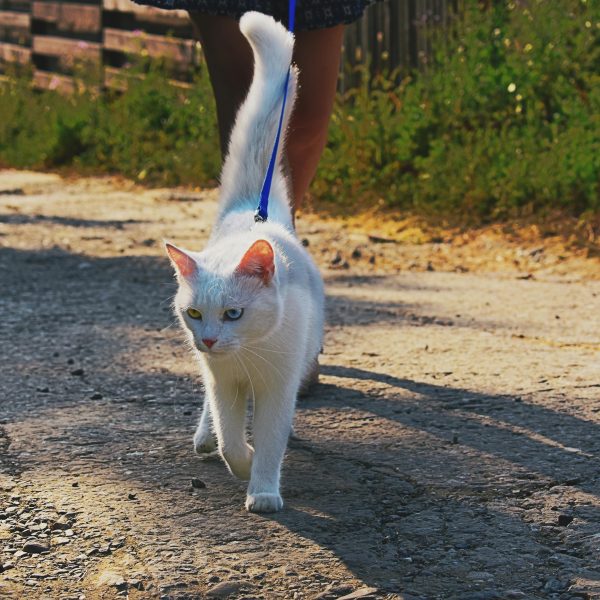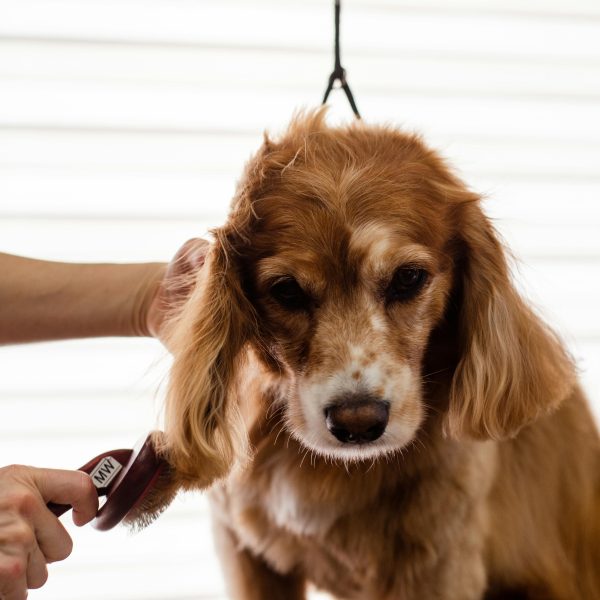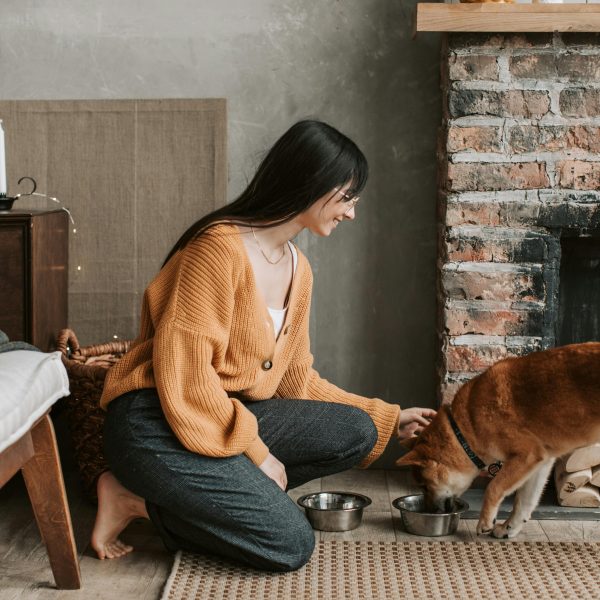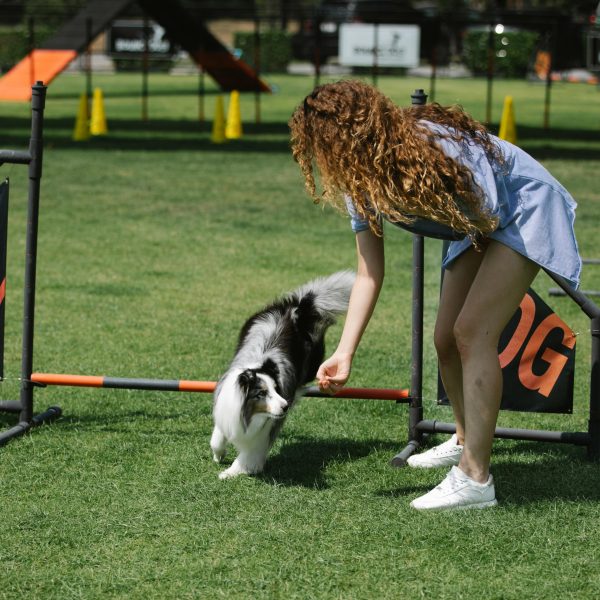Bringing a puppy into your home is an exciting event, and as you embark on this journey with your new companion, it’s crucial to recognize the significance of early socialization. Early socialization sets the stage for a well-behaved and balanced dog by shaping their behavior and reactions to their surroundings. In this article, we will explore why early socialization is crucial for puppies and how it contributes to the development of a rounded canine friend.
Understanding Socialization
Socialization entails exposing puppies to various stimuli, environments, people, and other animals during their critical developmental stage, typically between three and fourteen weeks old. This period is when puppies are highly receptive to experiences, making it an ideal time frame to introduce them to a variety of situations. Socialization goes beyond interacting with dogs; it involves exposing them to different people, places, sounds, sights, and even objects. The objective is to help puppies learn how to adapt and respond positively to the world around them.
Building Confidence and Overcoming Fear
One of the primary advantages of socialization is that it helps puppies develop confidence. By exposing them to people, places, and situations, we can lay a foundation for a well-adjusted adult dog. Puppies that lack socialization may end up experiencing fear or anxiety towards things, leading to behavioral problems like aggression, excessive barking, or destructive behavior.
Through experiences during the socialization period, puppies learn that new situations aren’t necessarily threatening. This helps prevent the development of fear-based behaviors and makes it easier for your puppy to navigate the world with confidence. A socialized dog is more likely to approach experiences with curiosity and adaptability rather than fear and apprehension.
Fostering Communication and Play Skills
Socialization allows puppies to interact with other dogs, crucial for developing essential communication and play skills. Puppies learn how to interpret body language, understand cues, and engage in play behaviors. These skills are vital for establishing relationships with dogs throughout their lives.
In a controlled and supervised environment, puppies can learn bite inhibition – the ability to control the strength of their bite – through playtime with their littermates. This skill is crucial in preventing behavior problems and ensuring positive interactions with both dogs and humans. Puppies that miss out on socialization may have difficulty communicating and playing with other dogs, leading to challenges in forming healthy relationships and potentially displaying inappropriate behaviors.
Preventing Behavioral Problems
Behavioral problems in dogs often arise from a lack of socialization. Aggression, fearfulness, and anxiety are issues that can occur when puppies aren’t exposed to a variety of experiences during their developmental stage. Early socialization helps prevent these problems by teaching puppies how to handle situations comfortably.
Well-socialized dogs are less likely to engage in destructive behaviors like excessive barking, chewing, or digging. They also adapt better to changes in their surroundings, making them easier to handle in various circumstances. By investing time in socialization, you’re proactively addressing behavioral issues and laying the foundation for a well-behaved and emotionally stable adult dog.
Improving Training Success
A puppy that has been properly socialized is more receptive to training, leading to more effective training sessions. Early socialization establishes trust and cooperation between you and your puppy, creating a conducive learning environment. Puppies exposed to experiences are more likely to be focused, attentive, and less easily distracted during training sessions.
Socializing puppies is crucial for their development as it helps them learn how to stay focused on tasks even when distractions are present. This skill proves invaluable in real-life situations. Whether you’re teaching them basic commands or advanced tricks, having a socialized puppy makes it easier for them to understand and remember what they’ve learned, making the training process more enjoyable and rewarding for both you and your furry friend.
Making Vet Visits Positive
Regular visits to the vet are part of pet ownership, and early socialization plays a vital role in ensuring that these visits are stress-free for both your dog and yourself. Puppies who have been exposed to people and experiences during their socialization period are more likely to handle vet visits calmly and cooperatively.
Without socialization, trips to the veterinarian can be overwhelming for dogs, causing fear, anxiety, or even aggression. By introducing your puppy to environments, handling procedures, and interactions with people, you set the foundation for a positive relationship with veterinary care. This paves the way for routine check-ups, vaccinations, and other necessary procedures throughout your dog’s life while fostering a positive attitude towards healthcare.
Creating an Adjusted Family Member
Having a socialized puppy is not only delightful but also adds harmony to your family. Dogs that have been exposed to various situations are more adaptable to different lifestyles and family dynamics. Whether you reside in a city or a peaceful suburb, a socialized dog can comfortably navigate various environments and circumstances.
Socialization helps prepare your puppy for interactions with family members, friends, and visitors. This is especially crucial if you have children or plan to introduce your dog to various settings. A socialized dog is more likely to exhibit patience, gentleness, and tolerance, creating a more enjoyable environment for everyone involved.
In Summary
The significance of socialization for puppies cannot be overstated. The experiences and stimuli encountered during the developmental period shape a puppy’s behavior, laying the foundation for a well-behaved and balanced adult dog. From building confidence and reducing fear to promoting communication and play skills, early socialization plays a crucial role in preventing behavioral issues while enhancing the overall well-being of your furry companion.
As an owner, dedicating time and effort towards early socialization is not only beneficial for your puppy but also rewarding for yourself. Building a connection with your dog through socialization has long-lasting benefits, establishing trust, understanding, and cooperation, shaping your puppy into a well-behaved member of your family. So, embrace the process of socialization, and witness the transformation of your companion into a happy and balanced part of your household.

